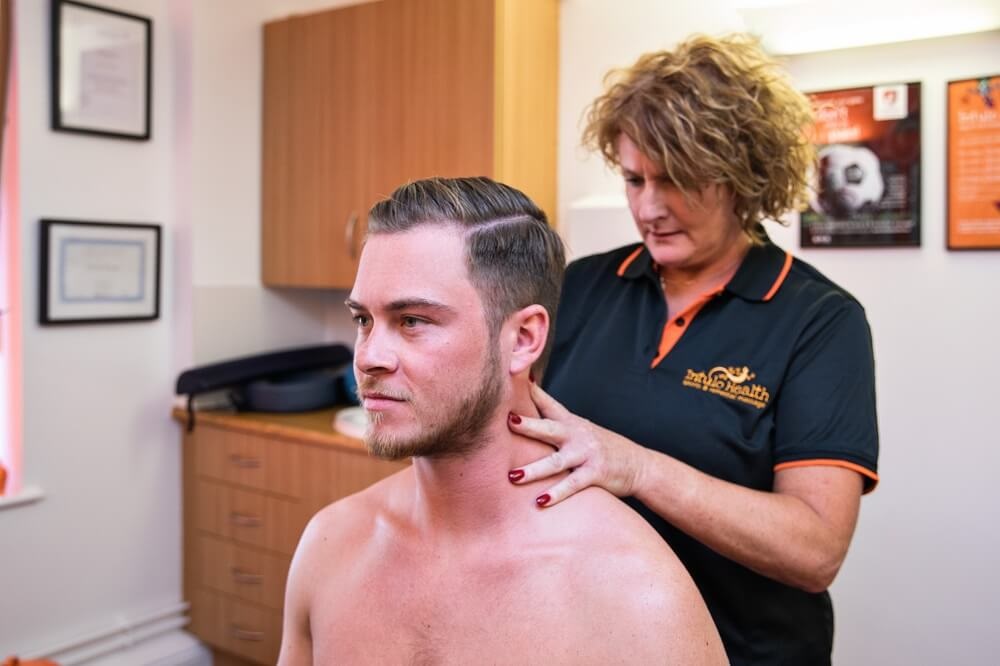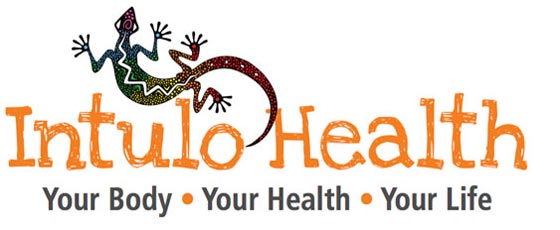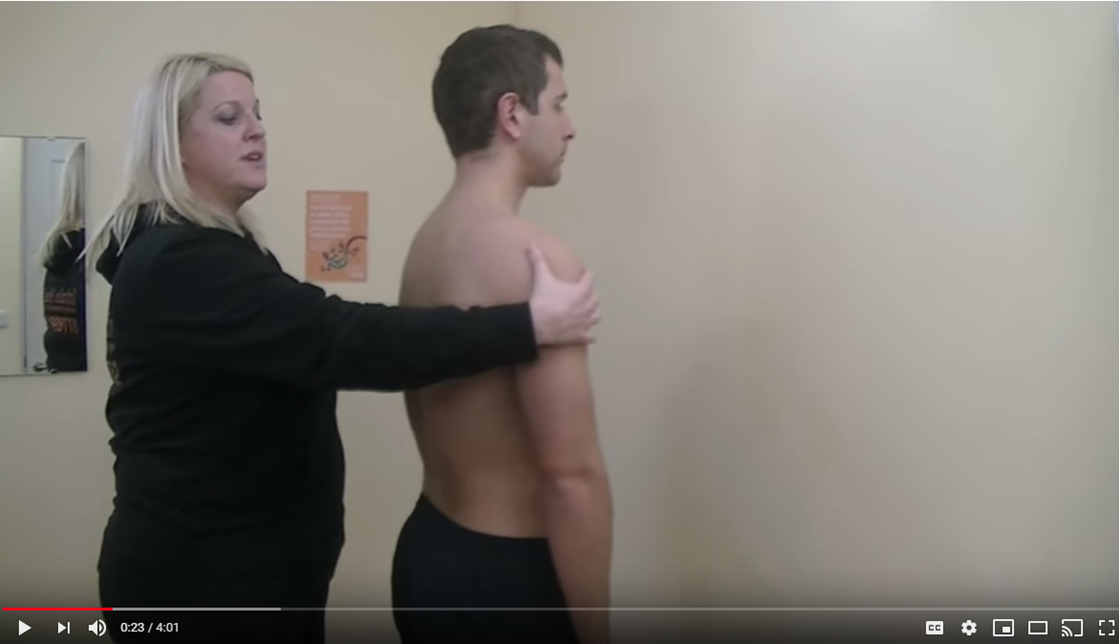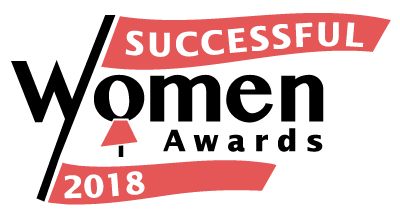Why do we hold so much tension in our neck and shoulders?

Our neck and shoulders are just two of the places in our body where we seem to hold our tension the most. It may be that you’re suffering from shoulder pain as a result of an injury, or you’ve got a stiff neck due to your lifestyle and postural issues that could stem from your work, movement pattern or an office job. But why we do we hold so much tension, and what can we do to put things right and live a more comfortable life? Below, we’ve put together some guidelines that may be useful to you: -
What causes neck and shoulder pain?
Neck and shoulder pain isn’t fun and a lot of our pain in this area could stem from some nerve entrapment or muscles overworking to stabilise our neck and shoulder joints. When a muscle is over working or over firing this will cause us to experience tight, stiff, sore or tense muscles, and in some cases, it may feel as though you have a tight band around your head or your neck. Some describe the sensation as tight or heavy, whilst others say that the only way they feel they can relieve some of the tension is to ‘crack’ their necks until they no longer feel stiff and sore. Instability of joints or stiffness in the neck area can cause the neck to “crack” and whilst this may allow for some temporary relief, we advocate some soft tissue therapy as well as some rehabilitation exercises to help stabilise the joints that are causing the muscle tension in the first place.
Stress is one of the most common causes of neck and shoulder pain as well as poor postural stances or movement patterns that we have developed over the years as a result of the direction of movement we move, sit or work in. So for example, if a hairdresser is stood all day working in forward flexion with his or her arms held in a “blow drying” stance, the muscles that stabilise the shoulder joint become weak over a period of time. The misconception is that if we consistently “use” a muscle that it gets stronger. Over a period of time we will start to recruit other muscles namely the neck and jaw to help stabilise the shoulder joint as a result of weak shoulder stability. Over a long period of time we then develop an over compensation pattern, coupled with stress, other weaknesses in the body that come from being in a standing position all day, potentially in the wrong shoes, or with hyper extension at the hip and knee joints, the muscles in the neck and shoulders have to work very hard to stabilise the body against gravity. Further research suggests that if you’re feeling stressed or apprehensive, your body tightens its muscles to become more resilient - and those muscles include your neck and shoulder. Other common causes include manual labour jobs, sitting in front of a computer for too long, or an injury as a result of a sporting activity. If you think that you have a neck or shoulder injury, and your current shoulder pain treatment isn’t helping, consult with your doctor for a potential x ray or scan or seek private rehabilitation advice to ensure you’re not suffering from any long-term damage.
Why do we hold tension in our neck and shoulders?
If you’re going through a difficult period in your life, or you’re suddenly shocked or stressed as a result of a traumatic incident, then you’ll likely have a difficult time recovering from this tension, and as a result, your body will lay in a semi-emergency readiness state. Indeed, this is the way our bodies are programmed, and it’s something we call stress-response hyperstimulation.
What shoulder pain exercises do you recommend?
There are a number of shoulder exercises that we would recommend however it is so specific to each individual. Searching the internet and following generic shoulder pain exercises is something we discourage our clients to do, because their own individual shoulder injury / pain is that, it’s individual to them and it’s so important to prescribe the right exercise to ensure that rehabilitation of the correct muscle group is followed. Or further damage or inflammation can be caused due to poor generic advice, treatments or consistent training on a weak joint.
Take a look at our video where we share some generic exercise advice that you could do at home to help you relieve your pain, however, we suggest that you check with us first to ensure that this exercise is applicable to you.
Are there any specific treatments for shoulder pain?
Once again the treatments we would recommend would be dependent on the problem with the shoulder joint. We will always recommend Soft Tissue Therapy as that is what we specialise in to reduce the pain in your shoulders and in our experience we find that manual therapy is always best. However, if the shoulder is in an acute inflammation stage we’d apply other techniques to treat the shoulder which don’t necessarily include manual therapy which could potentially inflame the joint further so we would then prescribe very specific rehabilitation advice to help stabilise the joint and use alternative treatment methods. In our experience, most pain in the body is caused from instability and whilst we can administer many treatments that will help ease the pain, we find that rehabilitation is key to long term pain relief. Changing movement patterns through rehabilitation exercise is what creates stability within a joint. Discuss your symptoms of pain with one of our therapists to find the best solution for your needs. Your first appointment will always include an assessment, treatment and some rehabilitation advice.
To find out more about our treatments for your neck and shoulders, get in touch on 01202 443892 or text 07789 810752.



